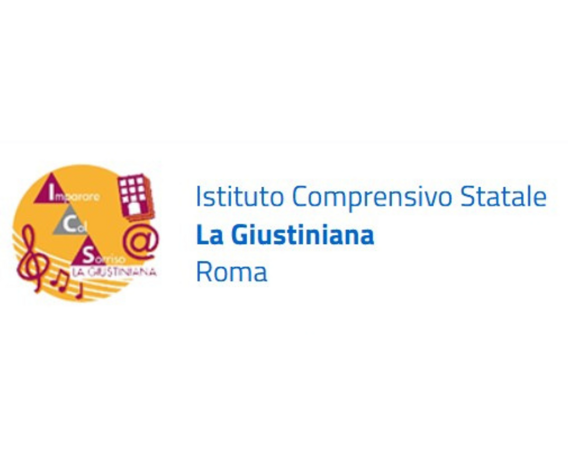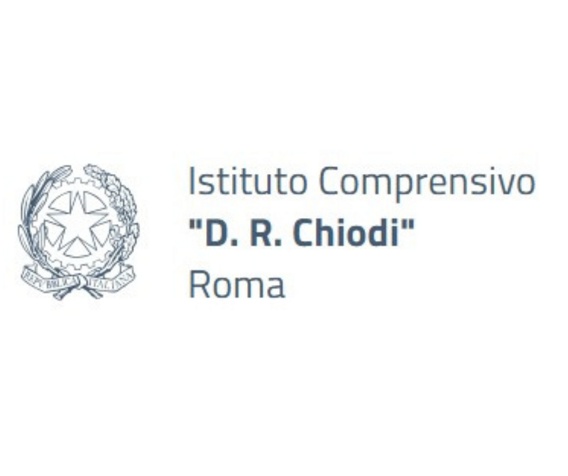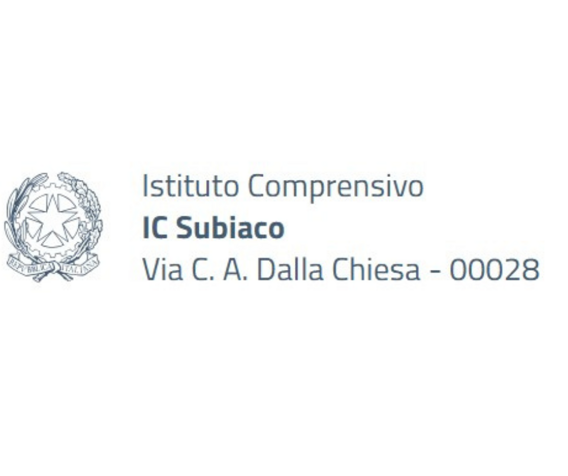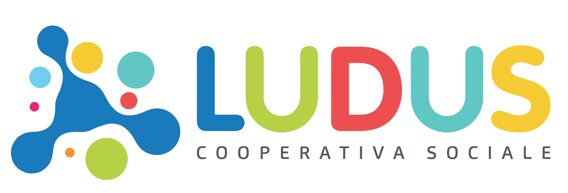© 2025 Davide Roberto
ETHNIC PERCUSSIONS
IN PRIMARY AND SECONDARY SCHOOLS
Educational Music Program on Ethnic Percussion with Davide Roberto
Recipients: Primary and Secondary School
Duration: One school year (about 36 meetings of 1 hour each)
Learning Objectives
-
Rhythmic Education: developing a sense of rhythm and motor coordination.
-
Active Listening: improving listening skills and group interaction.
-
Musical Creativity: exploring the sound possibilities of ethnic percussion and recycled materials.
-
Intercultural Awareness: learning about Afro-Mediterranean, Latin American, and Central-Southern Italian musical traditions.
-
Socialization: promoting teamwork through collective musical activities.
-
Sustainability: raising awareness of creative recycling for the construction of musical instruments.
Program Structure
Didactic Approaches
-
Collective Workshop: activities always carried out in groups to encourage active participation.
-
Guided Improvisation: the teacher stimulates creativity by leaving room for students' ideas.
-
Experiential Learning: learning through listening, doing, with practical exercises and shared reflections.
Rhythmic Awareness
-
Body percussion games to develop a sense of rhythm and internal pulse.
-
Synchronized motor exercises to explore the body-music relationship.
Listening and Musical Dynamics
-
Exercises to perceive sound and silence as complementary elements in music.
-
Rhythmic "question and answer" games to stimulate mutual listening.
Introduction to Ethnic Percussion
-
Presentation of the instruments (Cajon, Tambourine, Djembe, Congas, Pandeiro, Darbouka, etc...), their history and their cultural origins.
-
Experimentation with the basic techniques of each instrument.
Exploration of Afro-Mediterranean, Latin and Italian Rhythms
-
Gradual learning of traditional rhythms from around the world:
-
Afro, with rhythms such as Kuku.
-
Arabic, with rhythms such as Saidi and Maqsoum.
-
Latin, with the various pulses of the Cuban clave and Brazilian rhythms.
-
Italian, with the tammurriata and tarantella.
-
Construction of Percussion Instruments with Recycled Materials
-
Creation of percussion instruments with reclaimed materials.
-
Decoration of the instruments and sound experimentation with the final result.
Introduction and In-depth Study of the Drum Circle
-
First Drum Circle activities with a focus on group listening and rhythmic synchronization.
-
Progression towards collective compositions and guided improvisations, stimulating creativity.
Teamwork and Musical Leadership
-
Activities to promote group cohesion and stimulate a sense of belonging.
-
Introduction to the role of Drum Circle facilitator, with conducting experiments among students.
Creation of Original Rhythmic Compositions
-
Collective work to devise and develop short rhythmic compositions.
-
Combined use of ethnic instruments, homemade instruments, and body percussion.
Final Performance and Sharing
-
Preparation of a final musical event open to parents and teachers.
-
Integration of all acquired skills: ethnic rhythms, recycled instruments, Drum Circle, and creativity.
Download the presentation in pdf: Percussion with Davide Roberto for Primary and Secondary Schools.
Info
Cell : +393335493878
Email: drdavideroberto@gmail.com
LOCATIONS WHERE I OPERATE





